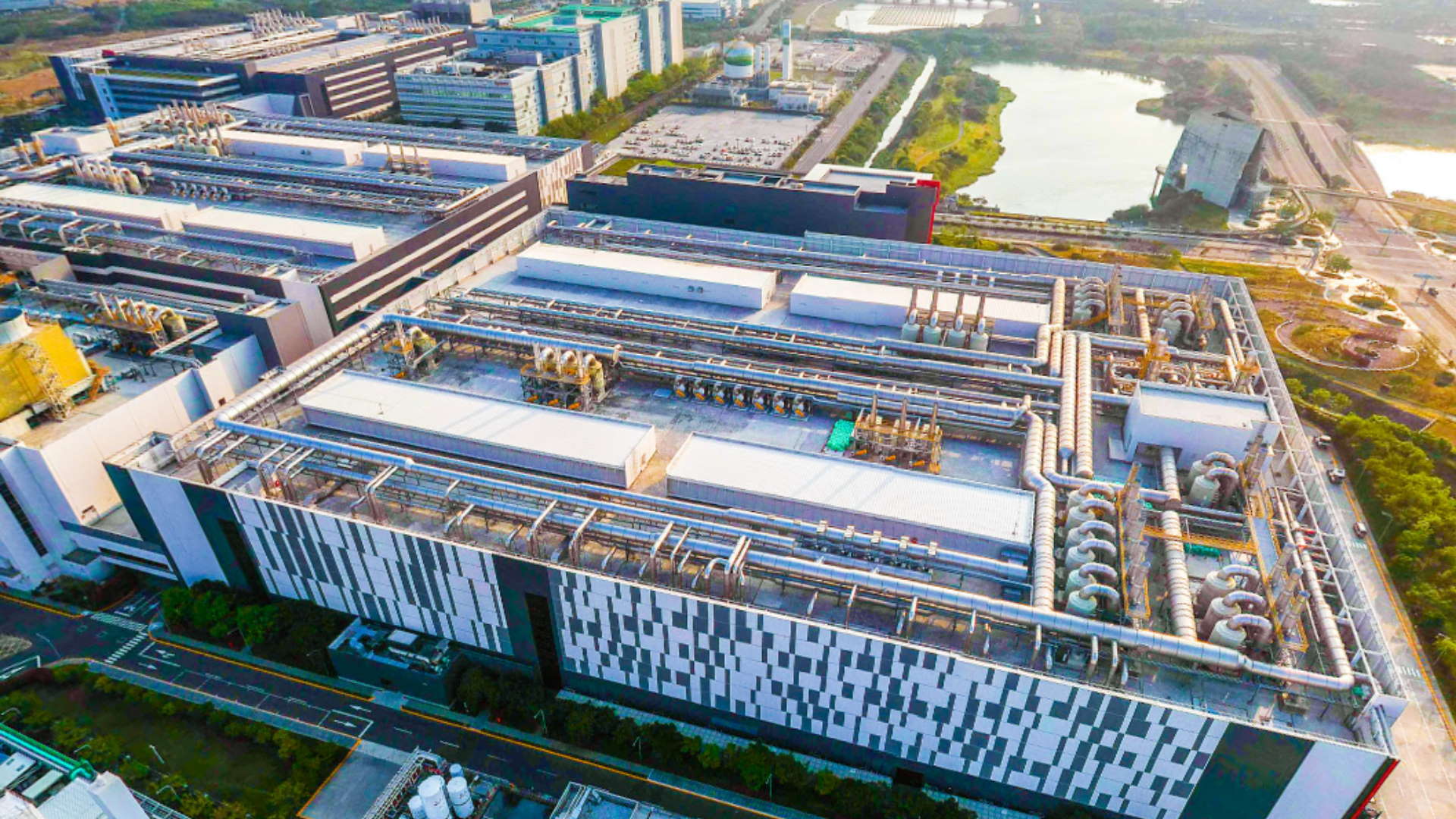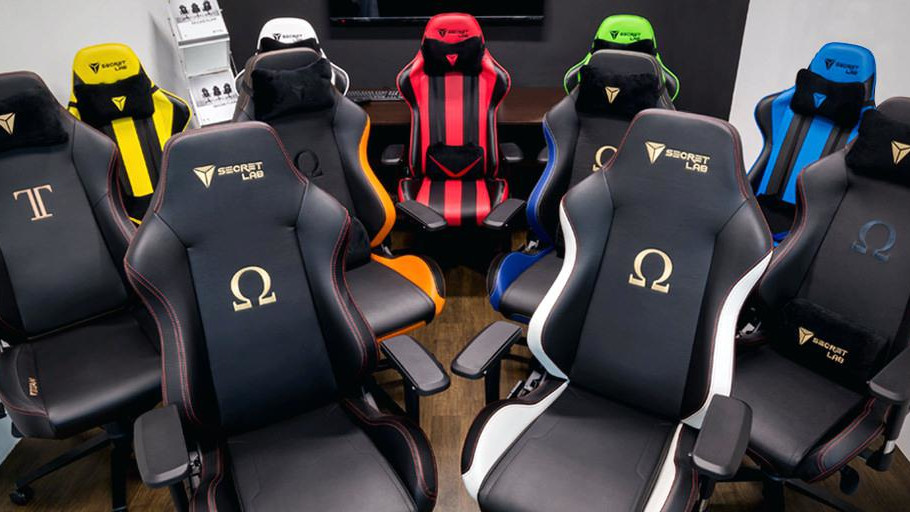Taiwan's semiconductor industry set to suffer after US/China trade disputes
Taking out all those Chinese profits could be a huge hit to Taiwan.

During the semiconductor shortage if there's one thing we learned it's that Taiwan has an absolute stranglehold on the chip production market. If you want to get specialised chips made with the latest technology then it's very likely you're going to do it in Taiwan. The country makes up 64% of the global foundry market with heavy hitters like TSMC pumping out chips for all sorts of huge companies. However, changes coming from the United States could spell changes for this dominance, and it's going to be interesting to watch.
A Bloomberg report (via Tom's Hardware) states that a combination of the changes in sanctions from the United States towards China as well as Chinese Covid lockdowns could spell big changes according to a Taiwanese economic official. Given China spends a pretty penny on chips from Taiwanese manufacturers, there's expected to be a significant economic downturn thanks to the American influence.
The United States has placed restrictions on China's supercomputer sector, disallowing them from purchasing any advanced chips made with American technologies in Taipei. This means companies like TSMC and UMC will take a significant hit in sales that would otherwise come from these Chinese markets.
New changes to China's anti-Covid lockdowns will mean that production in Chinese fabs is also greatly reduced, so less chips are being purchased anyway. As production drops in China, there's simply far less demand, meaning Taiwanese chip makers should be expecting far fewer orders.

Best chair for gaming: the top gaming chairs around
Best gaming desk: the ultimate PC podiums
Best PC controller: sit back, relax, and get your game on
Tsai Yu-Tai, head of statistics for the Directorate-General of Budget, Accounting, and Statistics expects Taiwan's gross domestic product growth in 2022 to fall to 3.06% and 2023 to drop to 2.75%. But, these are only the potential short-term troubles for Taiwan's chip market.
With the United States CHIPS and Science Act recently passed by Congress, North America should see an influx in fabs built on its soil. The $52 billion in subsidies is sure to encourage more manufacturers to have a presence in the United States, thus potentially taking even more of Taiwan's business. Europe has also been giving its own benefits, and while Taiwan has announced some tax breaks, they haven't gone ahead with any grants yet, which could be more devastating than an earthquake to the industry.
Of course, we'll have to wait and see how this all actually plays out to see what kind of hit Taiwan takes from all of this. Being such an established powerhouse of chip production, it's hard to imagine it any other way. Though, If you're looking for a new career with the United States and Europe desperate to get in on the semiconductor train, and semiconductor skill shortages, becoming a chip engineer might not be a bad option.
The biggest gaming news, reviews and hardware deals
Keep up to date with the most important stories and the best deals, as picked by the PC Gamer team.

Hope’s been writing about games for about a decade, starting out way back when on the Australian Nintendo fan site Vooks.net. Since then, she’s talked far too much about games and tech for publications such as Techlife, Byteside, IGN, and GameSpot. Of course there’s also here at PC Gamer, where she gets to indulge her inner hardware nerd with news and reviews. You can usually find Hope fawning over some art, tech, or likely a wonderful combination of them both and where relevant she’ll share them with you here. When she’s not writing about the amazing creations of others, she’s working on what she hopes will one day be her own. You can find her fictional chill out ambient far future sci-fi radio show/album/listening experience podcast right here. No, she’s not kidding.

